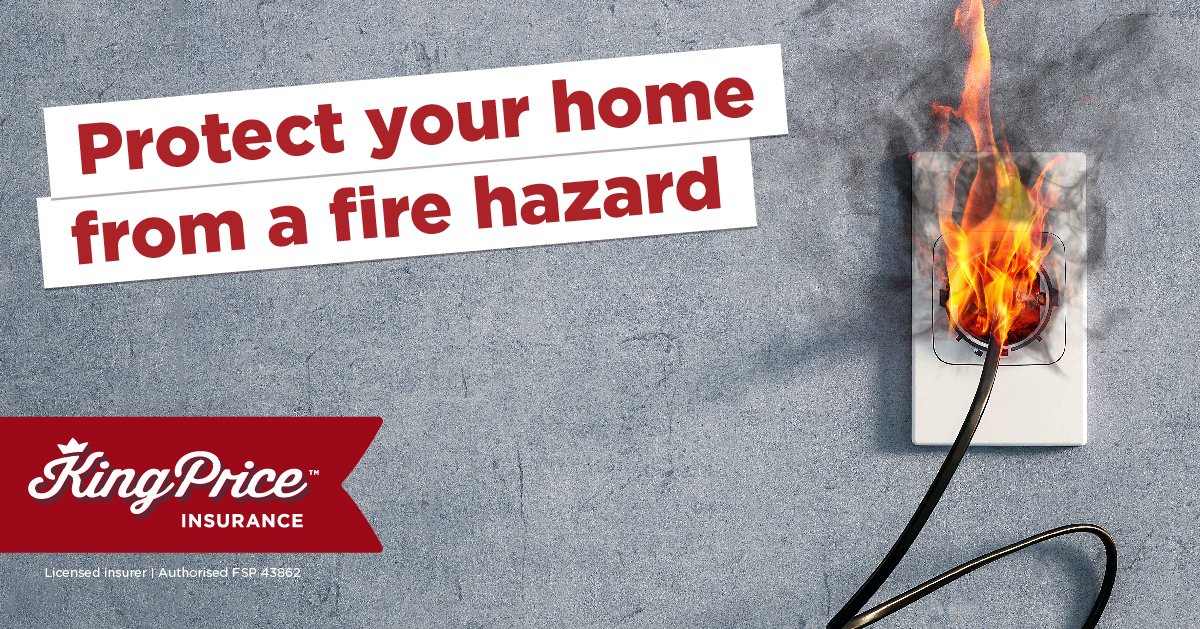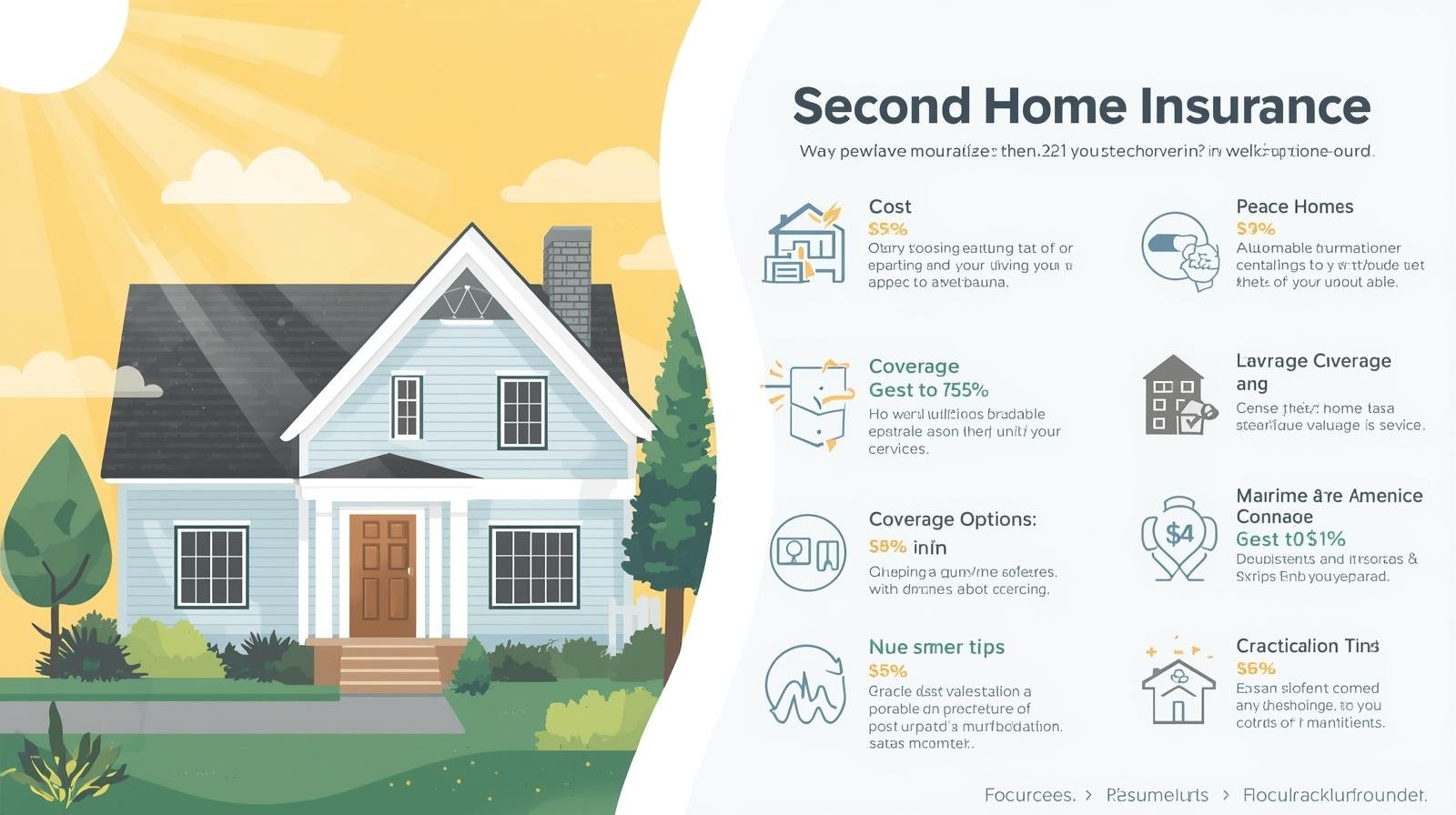
Commercial insurance regulations vary depending on the jurisdiction, industry, and specific type of insurance involved. However, here are key aspects and common regulations you should be aware:
1. Licensing Requirements
- Insurance Providers: Insurers must be licensed to operate in a particular state or country. This includes meeting financial stability standards and adhering to regulatory guidelines.
- Agents and Brokers: Professionals selling insurance need to hold appropriate licenses, which may require passing exams and completing continuing education.
2. Mandatory Coverages
- Workers’ Compensation Insurance: Required in most jurisdictions for businesses with employees. Covers medical expenses and lost wages due to work-related injuries.
- Liability Insurance: Some industries, like construction or healthcare, mandate general liability or professional liability coverage.
- Auto Insurance: Businesses using vehicles often need commercial auto insurance to cover property damage and liability.
3. Policy Transparency and Disclosure
- Insurers must clearly disclose policy terms, conditions, and exclusions to policyholders.
- Policyholders have a right to a grace period for premium payments in many regions.
4. Consumer Protections
- Rate Approval: Insurance regulators often oversee and approve premium rates to prevent unfair pricing.
- Unfair Claims Practices: Laws prohibit insurers from engaging in practices like unjustified claim denials, delayed payments, or misrepresentation of policy terms.
Read more: Employee Theft Insurance
5. Compliance with Industry-Specific Requirements
- Certain industries have tailored insurance requirements. For example:
- Healthcare: May require malpractice insurance and HIPAA compliance.
- Transportation: May need specific cargo insurance and coverage for fleet operations.
6. Policy Form and Filing Requirements
- Insurers must file policy forms and rates with state insurance departments in many jurisdictions to ensure compliance with local laws.
7. Data Privacy and Cybersecurity
- Insurance providers must comply with data protection laws like GDPR (in Europe) or CCPA (in California) when handling customer information.
- Cyber liability insurance is increasingly a regulatory expectation for certain industries.
8. Surplus Lines Regulations
- Surplus lines insurance, often used for high-risk businesses, is subject to specific regulations. Policies must be written by approved carriers.

9. Reinsurance Requirements
- Insurance companies are often required to maintain reinsurance to manage risks and ensure they can meet claims obligations.
10. Solvency and Financial Reporting
- Insurers must meet strict capital and solvency requirements to operate.
- Regular financial reporting to state or federal regulators ensures transparency and financial health.
11. Dispute Resolution and Appeals
- Policyholders have rights to appeal denied claims or file disputes with state insurance departments or regulatory bodies.
12. Risk Management Compliance
- Some policies require businesses to adhere to specific risk management practices, such as workplace safety standards.
Additional Considerations
If you’re involved in a specialized field or operate internationally, it’s important to consult with a professional experienced in commercial insurance to ensure full compliance with regulations specific to your business location and industry.






Leave a Reply